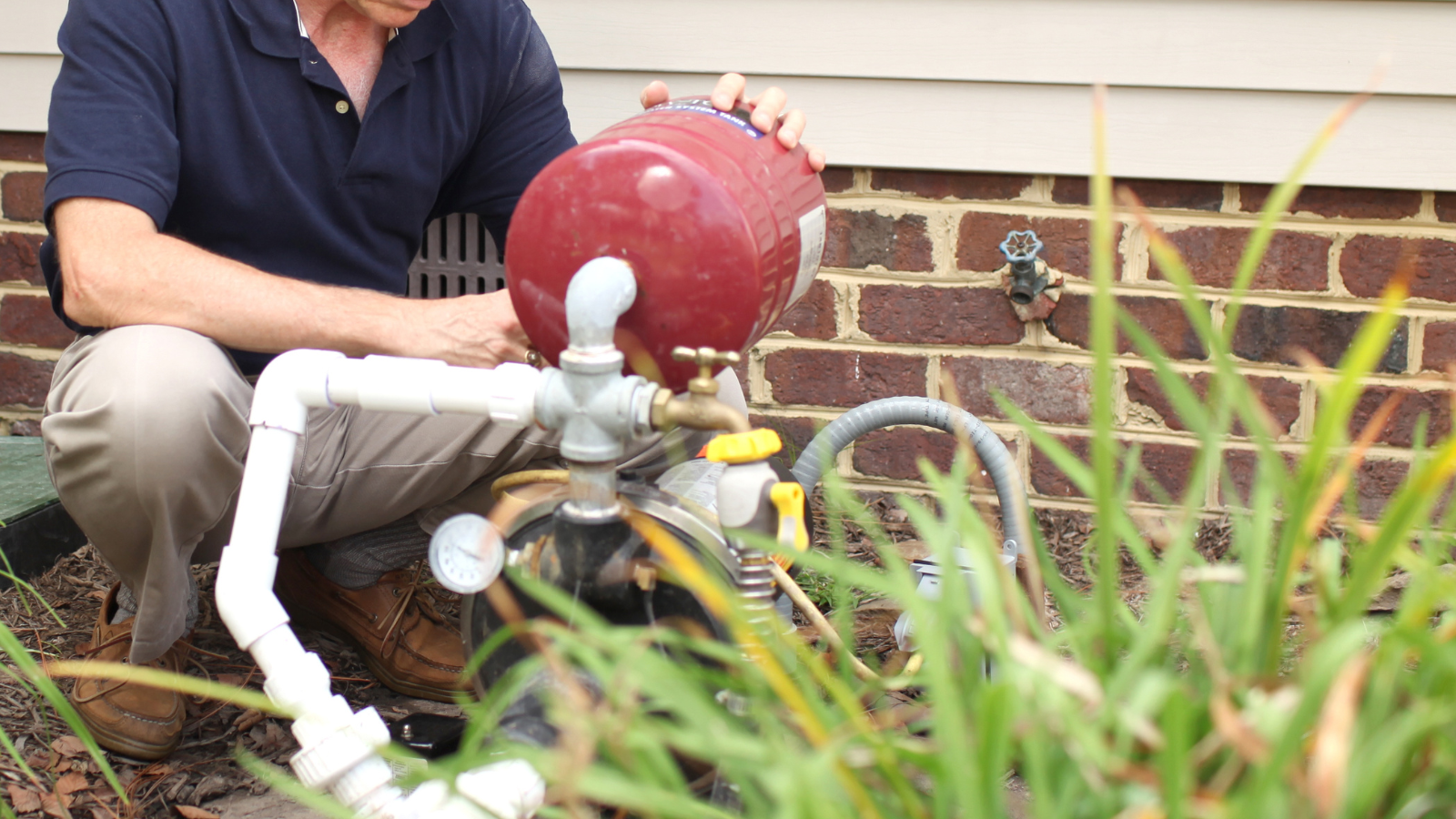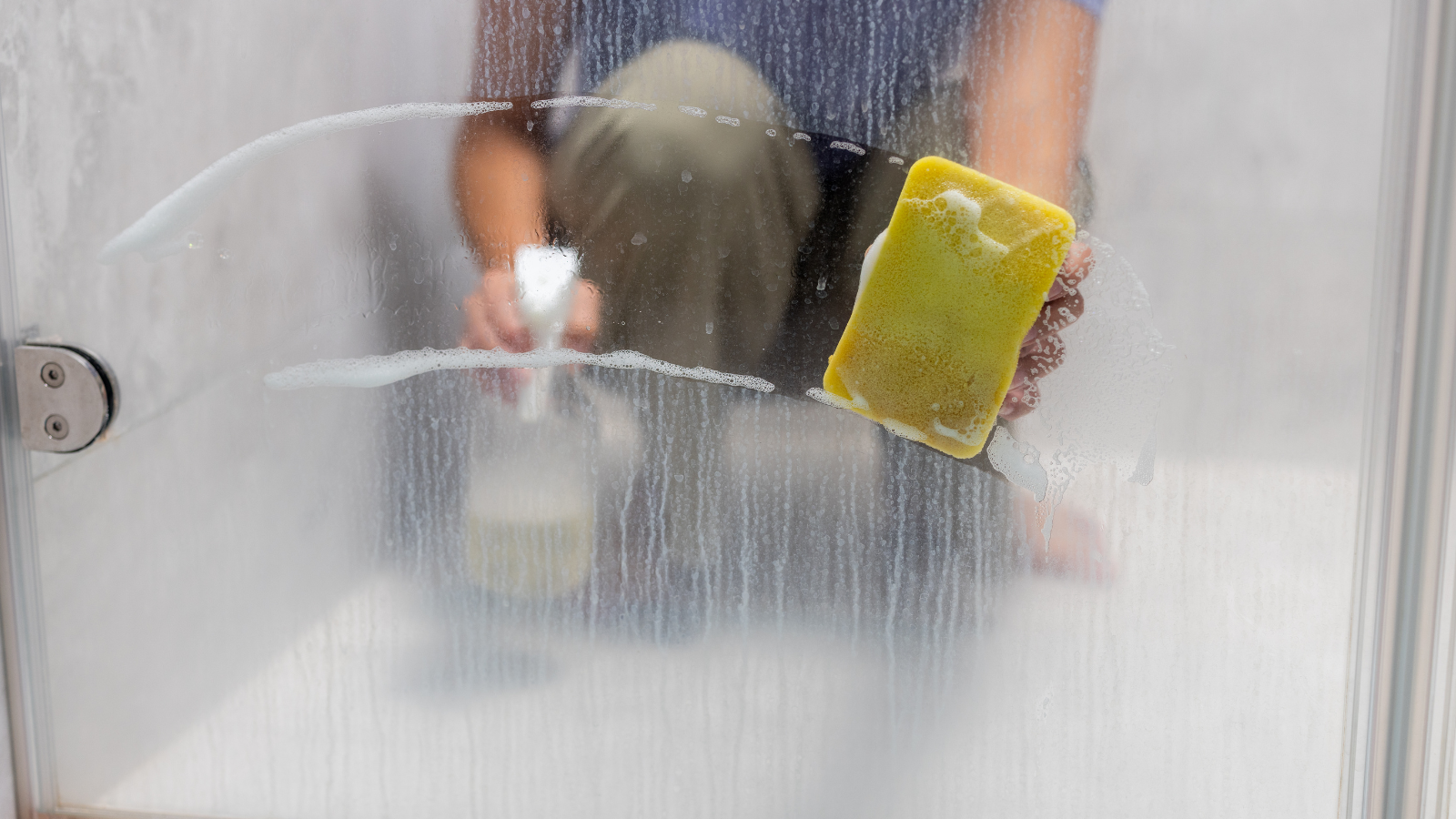Constant Pressure vs. Traditional Well Pumps: Which Is Right for You?

Well pumps are necessary tools used for pushing well water up directly to your home’s plumbing system.
While both constant pressure well pumps and traditional well pumps can get the job done, it’s important to familiarize yourself with the distinctions between the two when deciding which model is right for you.
Here, we’ll look into how each pump operates, the pros and cons of each, and the financial benefits of treating your water.
Understanding Traditional Well Pumps
Traditional well pumps are a reliable option for many homeowners. This type of pump depends on a well pressure switch to send a signal to the pump’s sensor when the water pressure becomes too low; from here, the pump activates and fills the tank, and it will shut back off once complete.
Traditional well pumps are the more cost-efficient option of the two. They’re also designed to only run when needed to extend the system’s lifespan. The house’s pressure tank will store water to give the well pump a periodic rest.
Exploring Constant Pressure Well Pumps
While a bit more expensive, a constant pressure well pump is the more up-to-date option. This system relies on a submersible pump to push water up through a drop pipe to the surface.
When water is called for, the pump will deliver water flow at the set pressure. The pump will speed up when multiple taps are used at once. Constant pressure well pumps are pricier upfront; however, these models provide more reliable water pressure overall.
Comparing Performance & Efficiency
A constant pressure system offers more water pressure stability, and this system is typically more energy-efficient, as it uses a “soft-start” process, which uses less electricity.
Treating your water can also improve your system’s energy efficiency and lower monthly costs.
Evaluating Cost Considerations
As mentioned, a traditional well pump is a great option for those looking to reduce initial costs; however, while the upfront cost is cheaper, you’ll need to factor in the cost of a replacement pressure tank, which works with the traditional pump.
One crucial aspect to consider is implementing water treatment services that are packed with benefits, including added cost-effectiveness.
Financial Advantages of Water Treatment
There are many benefits to treating your well water. First, treated water will significantly reduce wear and tear on your unit. It will also inevitably extend the lifespan of your other plumbing appliances.
Additionally, you’ll cut down on energy costs for water heating and save on other costs by avoiding the need to purchase bottled water for drinking.
Deciding Based on Your Needs
All in all, both options will provide the water you need, but it’s ideal to choose the system you’ll get the most out of in the long run.
For smaller homes and tighter budgets, a traditional well pump may work perfectly for you. If you’re looking to invest in an advanced system for reliable water pressure, less maintenance, and a space-saving design, you may want to consider a constant pressure well pump.
Let the Water Doctor Help You
At the end of the day, the choice between a constant pressure well pump and a traditional well pump boils down to your specific needs, so it’s important to consider aspects like your budget and the size of your home.
Choosing the proper pump and water treatment for your home and needs is the best way to achieve long-term financial benefits.
Consulting with the Water Doctor team is a surefire way to know what model is right for you. In business since 1979, our company understands the importance of making the right decision and will offer personalized advice so the process is as stress-free as possible.
For complete transparency and customer satisfaction, the Water Doctor team is here for you. Schedule services with us today.
Proudly Serving The Following
Maryland Counties
Anne Arundel | Howard | Baltimore | Frederick | Montgomery | Carroll | Charles | Calvert | Queen Anne's | Harford
Anne Arundel | Howard | Baltimore | Frederick | Montgomery | Carroll | Charles | Calvert | Queen Anne's | Harford





